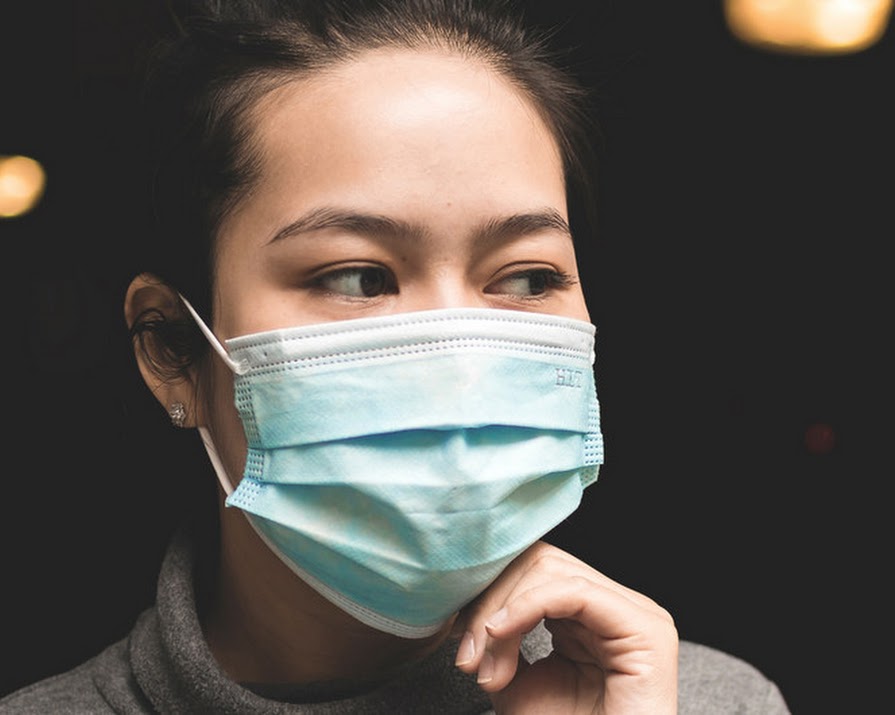
By Jennifer McShane
05th Apr 2020
05th Apr 2020
Studies have shown the coronavirus is likely to affect more men than women so far, though some experts disagree as to the extent
The Chinese Center for Disease Control and Prevention recently published the largest analysis of coronavirus cases to date. And although men and women have been infected in roughly equal numbers (though men represent a slight majority of cases at around 51%), researchers found the death rate among men was 2.8 per cent, compared with 1.7 per cent among women.
As a result of this data, some researchers suspect certain biological factors might make men more susceptible to the virus.
When it comes to mounting an immune response against infections, men are the weaker sex.
Related: ‘The flu is worse than the Coronavirus’ – debunking the biggest Coronavirus myths
“This is a pattern we’ve seen with many viral infections of the respiratory tract — men can have worse outcomes,” Sabra Klein, a scientist who studies sex differences in viral infections and vaccination responses told the New York Times. “We’ve seen this with other viruses. Women fight them off better.”
It’s in the genes
Numerous studies have shown women are less prone to bacterial, viral, fungal and other types of infection with many researchers suggesting that women may have a “reduced susceptibility” to viral infections in particular.
And in another study, researchers from Ghent University in Belgium argued these sex-specific health disparities may be due, at least in part, to tiny pieces of genetic material called microRNAs.
The main function of microRNAs in cells is to turn off, or “silence,” specific genes. The researchers say microRNAs located on the female X chromosome may give women an immune system advantage over males.
In turn, Chinese men smoke more than Chinese women – and, as we know, smoking increases the risk of respiratory problems.
Related: How to talk to your children about Coronavirus
SARS
While the data on the coronavirus itself is obviously still ongoing, scientists have turned to a similar outbreak — the SARS (Severe Acute Respiratory Syndrome) pandemic from 2002 to 2003 — for similarities.
SARS was also a coronavirus that jumped from animals to people. It shares about 80% of its genome with the novel coronavirus, and SARS also infected more men than women.
However, it is still hard to draw any firm conclusions. Scientists say a number of environmental factors could have played into the statistics, from differences in how male and female patients were treated to lifestyle factors.
Read more: Coronavirus: Second case of COVID-19 confirmed in Ireland
Read more: WATCH: Two pathologists debunk commonly believed coronavirus myths























